What Causes Cats to Cry Like a Baby at Night?
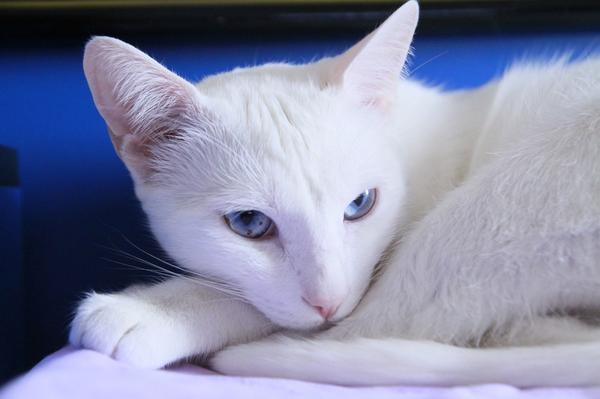
Visualize this:
It's late at night and you're finally settling into bed after a long day.
The world is quiet and still, a perfect oasis of calm...until you hear it.
A screeching noise pierces the peaceful silence, echoing through the darkness.
Your heart skips a beat as you jump out of bed, fearing the worst.
Is your beloved feline friend in pain?
Is something horribly wrong?
Take a deep breath, fellow cat lover, because we're about to dive into the fascinating world of why cats cry like a baby at night. 😿
Let's begin.
The Importance of Regular Vet Check-ups for Your Cat
Regular vet check-ups are crucial for maintaining your cat's health.
Here are 10 compelling reasons why you should prioritize these visits:
- Early detection of any health issues.
- Prevention of potential problems before they worsen.
- Identification and treatment of parasites early on.
- Vaccinations to protect against contagious diseases.
- Dental cleanings to prevent oral health problems.
- Monitoring weight and ensuring a healthy diet.
- Checking for signs of arthritis or joint problems.
- Addressing behavioral concerns, such as night crying.
- Recommendations for appropriate exercise and enrichment.
- Building a trusting relationship with your vet.
Regularly bringing your cat for check-ups demonstrates your commitment to their health and ensures they receive optimal care.
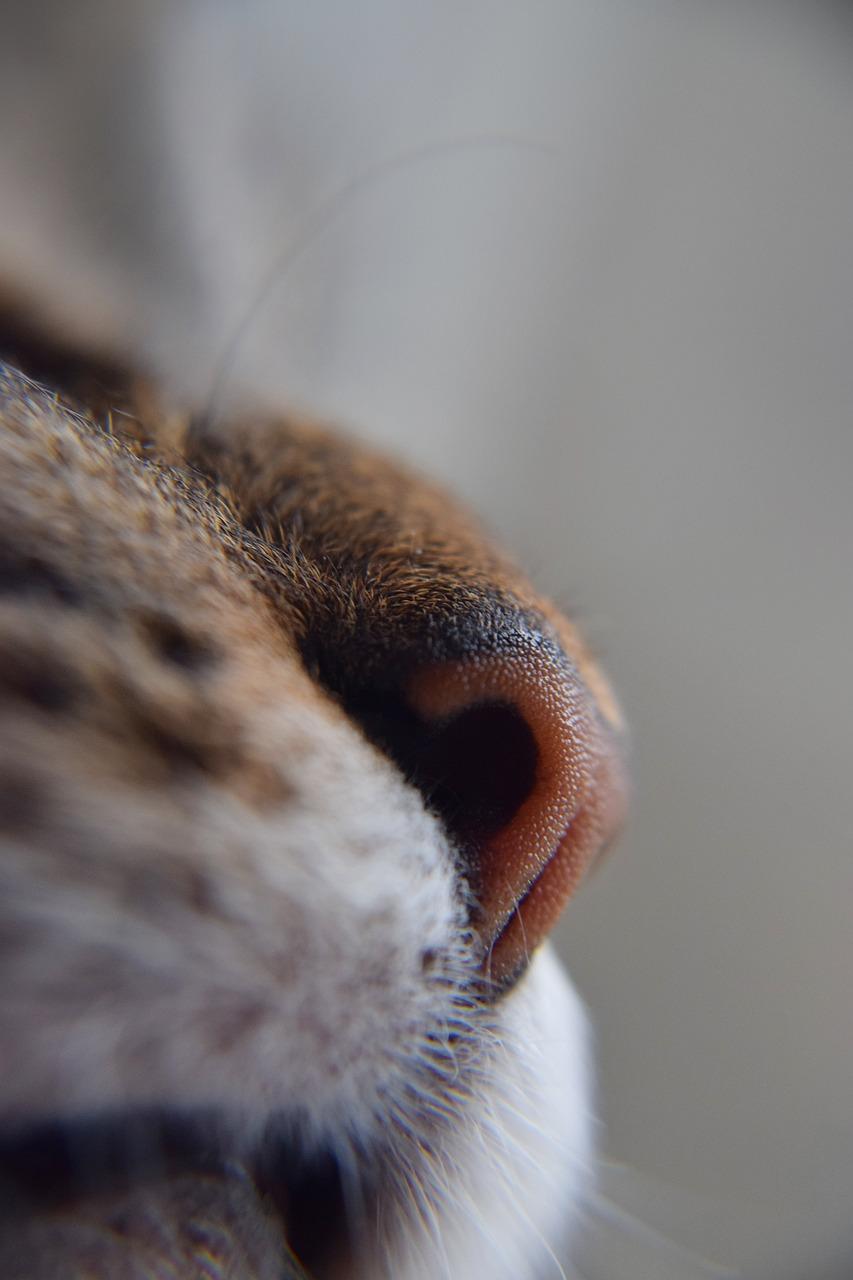
So, make that appointment today and give your feline friend the gift of good health!
Main points I'll expand upon further down this article:
- Female cats may cry at night when in heat or when sick.
- Older cats may cry at night due to cognitive dysfunction syndrome.
- Changing routines or health issues can contribute to night crying.
- Identifying and treating underlying causes of pain or illness is essential.
- Night crying can be a sign of feline cognitive dysfunction, hyperthyroidism, or urinary tract infections.
- Cats cry at night to express discomfort, fear, hunger, or pain.
- Unspayed or unneutered cats may cry at night due to mating urges.
- Young cats may cry at night due to health conditions or injuries.
- Hunger and thirst are common causes of cat cries at night.
- Cats may cry at night due to loneliness, lack of physical activity, or boredom.
But have you ever wondered why exactly cats cry like a baby at night?
Well, the answer lies in various factors, including dental problems, illness, injury, and even mating urges.
Let's delve deeper into the possible reasons behind those mournful cries...
Common Health Issues That Cause Cats to Cry at Night
Cats crying at night can signal various health problems. To help your feline friend, you need to figure out the root cause.
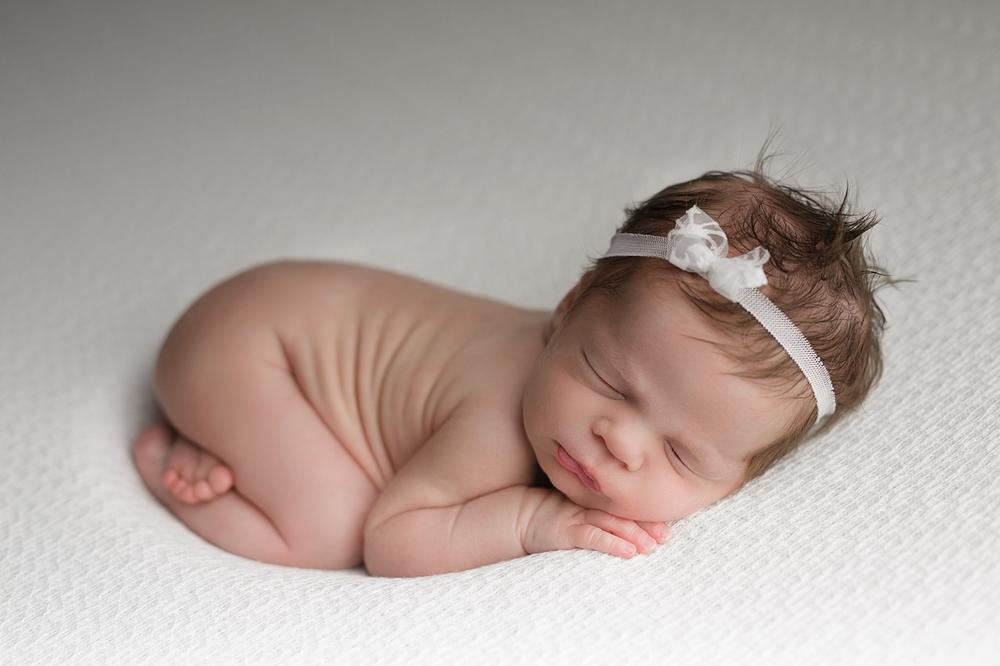
Here are some common reasons why cats cry during the night:
- Feline cognitive dysfunction (FCD): Older cats may meow at night because of FCD. Changes in their routine or underlying health issues could be contributing factors.
- Hyperthyroidism: If a cat's thyroid gland is overactive, they might cry excessively at night. It's crucial to diagnose and treat this condition promptly.
- Urinary tract infections (UTIs): Cats with UTIs may cry during the night. Treating the infection is vital for their comfort and well-being.
- Mating urges: Unfixed cats might cry at night due to hormones and the desire to mate. Spaying or neutering them can help ease this behavior.
- Health conditions or injuries: Young cats may meow at night if they're dealing with health issues or injuries. If their eyes are watery or moist, it could indicate an eye problem that requires veterinary attention.
Addressing these underlying health conditions is essential for your cat's comfort and to reduce episodes of night-time crying. 😺
And now, let's explore another aspect of why cats cry at night...
Separation anxiety...
The Role of Separation Anxiety in Cat Nighttime Crying
Separation anxiety in cats can manifest itself through night cries.
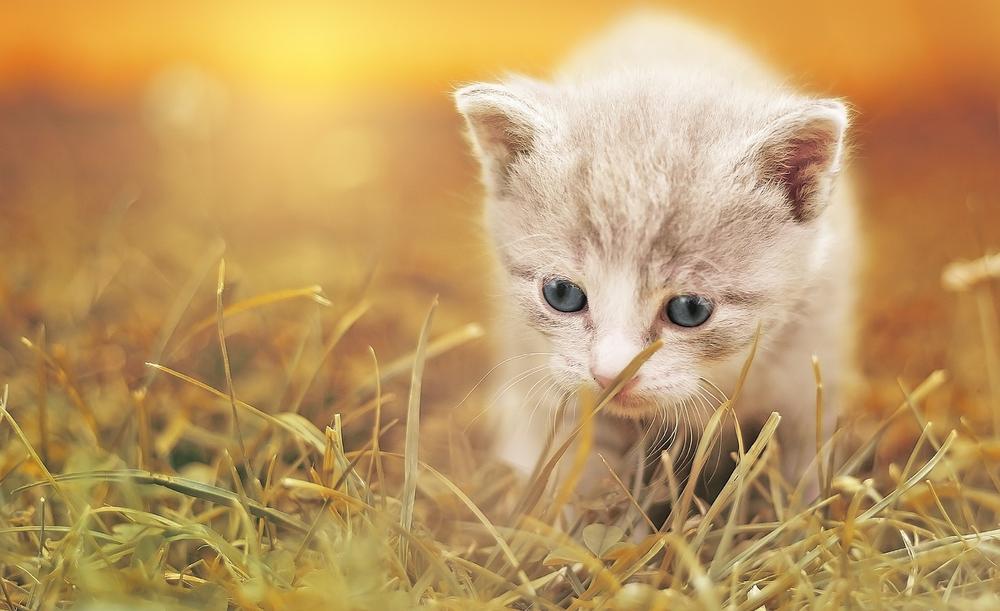
Cats often cry at night because they feel lonely, lack physical activity, are bored, stressed, or anxious. This behavior is particularly common among anxious or bored felines and may worsen if they feel isolated or alone, especially if they are new to the home or used to the presence of other cats.
You must understand that night crying in cats can be a sign of underlying distress caused by their environment.
Providing them with companionship, mental and physical stimulation, and a soothing atmosphere can help alleviate this issue.
Addressing Hunger and Thirst as Potential Causes of Cat Crying at Night
When your cat cries at night, you should address their hunger and thirst.

Here are five tips to help you handle these issues:
- Control portion size: Make sure you're feeding your cat the right amount of food. Overfeeding can lead to health problems, while underfeeding can cause crying due to hunger. Follow the feeding recommendations for your cat's weight.
- Establish a feeding schedule: Cats love routine, so set regular meal times. This way, they know when to expect food and will be less anxious. Stick to the schedule as much as possible, even on weekends or holidays.
- Provide food and water before bedtime: Giving a small meal or snack before bed can satisfy your cat's hunger. It's also essential to have clean water available all night to prevent dehydration.
- Use puzzle feeders or interactive toys: Engage your cat's hunting instincts during meals. This mental stimulation slows down their eating pace, prevents overeating, and reduces nighttime cries caused by hunger.
- Consult with a veterinarian: If your cat continues crying excessively at night despite addressing hunger and thirst, there may be an underlying medical issue. Talk to your vet to rule out any health problems and get further guidance.
Ensure a tranquil night for both you and your feline companion by applying these suggestions to manage cats' crying caused by hunger and thirst.
And just when you thought you had addressed all the reasons for your cat's late-night cries, another mystery arises...
The Impact of Age on Cat Nighttime Crying Patterns
How age affects cats' senses
As cats get older, their senses may start to decline. This can make them more confused and disoriented, especially at night.
So, they might cry more during nighttime hours.
It's like their senses are acting up or something!
The possible reasons behind nighttime crying
Age-related confusion is probably why your cat cries at night.
But there could be other medical conditions too.
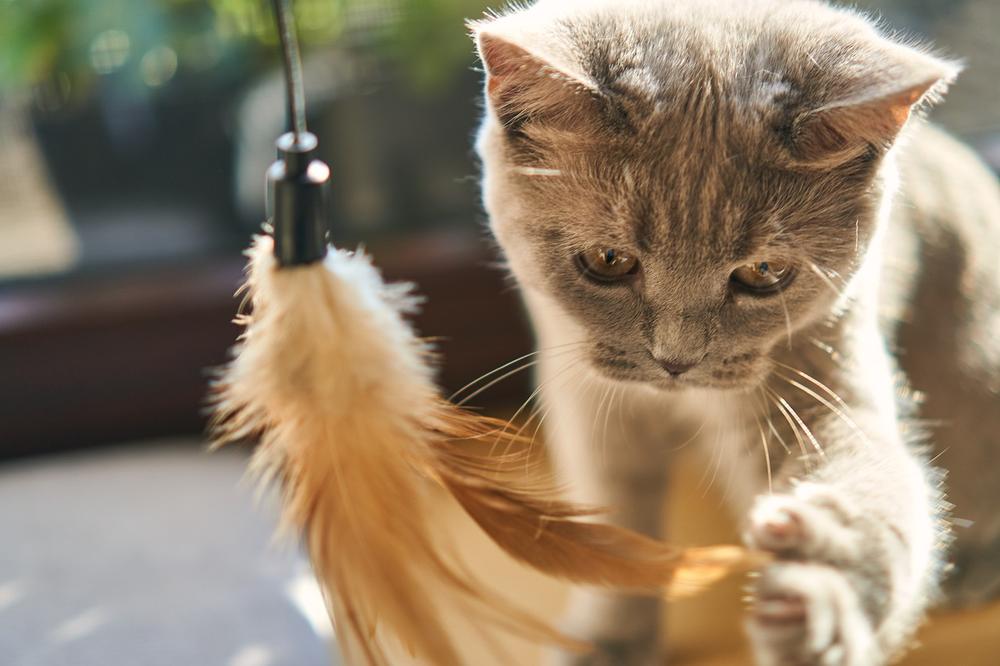
That's why it's important for you to talk to a qualified vet.
Don't try to diagnose your poor kitty by yourself.
A professional can help find any underlying issues that might be causing their meltdowns at night.
Seeking professional advice is crucial
Only a vet can determine what's really going on with your aging cat. It could be cognitive dysfunction syndrome (sounds scary, but the vet knows how to handle it), hearing or vision problems, or even arthritis pain.
Trust me, your cat deserves the best care possible.
So, do yourself and your fluffy pal a favor:
Consult a qualified veterinarian. They'll guide you and find the best treatment for your cat's distressing nighttime crying patterns.
Identifying and Addressing Environmental Stressors for Your Cat
To help your cat feel safe and secure, you ought to understand and address environmental stressors.
Here are some common ones that can make cats cry at night:
- Loud noises like thunderstorms, fireworks, or noisy neighbors can startle and stress out your cat. Creating a quiet and calm space for them can help.
- Cats are creatures of habit, so sudden changes in household routines - like a new work schedule or rearranging furniture - can upset them. Keeping their environment consistent and predictable can reduce anxiety.
- Introducing a new pet to the household can be exciting but confusing for your cat. Competition for territory and resources may lead to nighttime crying. Slow and proper introductions are key to easing their adjustment.
- Newly adopted or older cats may struggle with adjusting to unfamiliar environments. Providing hiding spots, comfort items, and gradually exposing them to new spaces can help them feel more at ease.
- Seeing another cat outside the window or smelling their scent can trigger territorial behavior and vocalizations. Blocking visual access and maintaining a peaceful indoor environment can minimize these reactions.
Creating a tranquil and stress-free atmosphere is crucial for your cat's well-being.
By understanding and addressing these environmental stressors, you can help your furry friend find peace during those dark early morning hours.
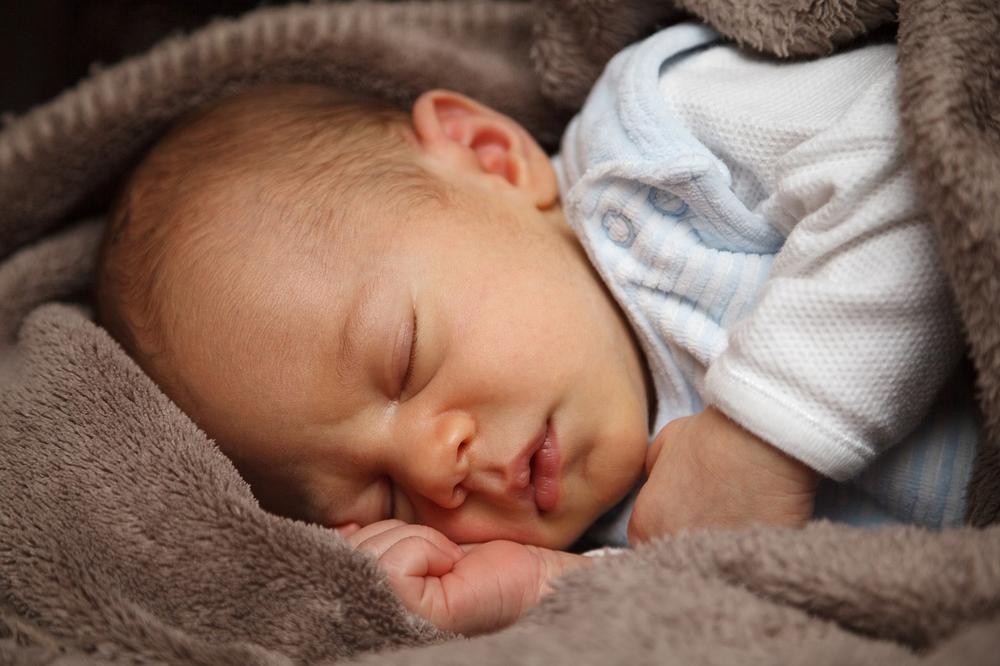
To help your cat feel safe and secure, you ought to understand and address environmental stressors.
But what about when your furry friend won't stop meowing at the door? I've got you covered with my blog post on the topic: Why Cat Keeps Meowing at Door.
In there, you'll find out why this behavior occurs and some possible solutions to address it.
Don't let curiosity linger any longer – go ahead and check it out!
Creating a Comfortable Sleeping Environment for Your Cat
To help your cat sleep well, here are ten tips on creating a comfortable sleeping area for them:
- Give them cozy bedding that smells familiar to them.
- Make sure to include playtime and mental exercises in their daily routine.
- Set up a warm and comfy spot for them to sleep in, creating a calming atmosphere.
- Tiresomely engage them with toys and interactive play before bedtime.
- Teach kittens early on to sleep through the night without disturbances.
- Establish a nighttime ritual that involves a cozy bed and minimal noise and light.
- Reduce attention and play right before they hit the hay.
- Stick to a consistent sleeping routine to help them feel secure.
- Ensure they have enough food, water, love, and attention.
- Keep them entertained and mentally stimulated during the day to fight off boredom.
You can establish an atmosphere that promotes relaxation and peaceful sleep for your pet by adhering to these instructions.
Cats thrive on routine and comfort, so make sure to provide them with what they need to feel safe and well-rested.
In return, your cat will show their gratitude through purrs and cuddles. 😉
And while creating a comfortable sleeping environment is crucial, addressing the underlying reasons behind your cat's nighttime crying is equally important.
But fear not, I'm here to help you navigate through some effective relaxation techniques and provide practical solutions to ensure your furry friend gets the restful sleep they deserve.
So, let's dive in and explore how we can alleviate those nighttime cries together!
Tips for Calming Your Cat's Nighttime Crying
If your cat is keeping you awake at night with their incessant whining, here are some tips to bring peace back into your life:
- Give your furry friend a cozy spot to sleep in, like a comfy bed or soft blanket where they can feel safe and secure.
- Establish a regular nighttime routine for your cat. Having a consistent schedule can help them unwind and prepare for sleep.
- Set the mood in the bedroom by dimming the lights and playing soothing music or white noise. This creates a calm atmosphere that helps your cat drift off to dreamland.
- Consider using pheromone products like diffusers or sprays. These goodies mimic the natural calming scents that cats emit, reducing anxiety and promoting relaxation.
- Incorporate gentle massages into your cat's bedtime routine. Massaging their neck, back, and shoulders can release tension and help them relax before bed.
- If your cat is afraid of the dark, try placing a nightlight near their sleeping area. It can ease their fears and anxieties during the night.
Addressing the root cause of your cat's late-night crying is crucial.
By applying these techniques and giving them plenty of love and attention during the day, you can help ease their restlessness and enjoy peaceful nights together.
How to Distinguish Between Normal Cat Noises and Crying
How can you decipher whether your cat is communicating or pleading for assistance?
Let me break it down in a way as simple as possible:
- Observe their body language - keep an eye on their tail movement, ear position, and overall stance. These subtle signals often reveal their emotions.
- Pay attention to chirps and trills - those high-pitched sounds indicate a friendly greeting or enthusiasm towards you.
- Meowing is a common method of communication cat use with humans. Short meows are nothing to worry about, but excessive or prolonged meowing might mean they're distressed.
- Purring, that delightful vibrating sound, means your kitty is content and relaxed.
- When cats see prey, they chatter rapidly and make clicking noises due to the thrill of hunting.
- Now, caterwauling is an altogether different story. It's a loud cry, intense in nature, mainly during mating season. Consider it their way of attracting potential partners.
- Nighttime cries from your furry companion may stem from separation anxiety or discomfort. To alleviate their distress, create a comfy sleeping area for them or spend more quality time together.
- Remember, if your fluffy friend continues crying regularly, raises the volume excessively, or displays any changes in behavior or appetite, it's best to consult a veterinarian. Safety first, my friend.
Responding to your cat's vocalizations can enable you to meet their needs effectively and nurture a solid bond founded on trust and communication.
So, listen intently and take note of their body language.
And now, let's explore the underlying reasons behind cats crying at night and how their nocturnal behavior influences their vocalizations.
Join me as we delve into this fascinating aspect of our feline friends' behavior!
Understanding the Behavior of Cats at Night
| Behavior | Explanation |
|---|---|
| Increased activity levels | Cats are naturally more active during the twilight hours when their hunting instincts are heightened. This behavior is rooted in their crepuscular nature. |
| Boredom | Cats may cry at night due to feelings of boredom. Lack of daytime exercise or mental stimulation can lead to restlessness and vocalization. Providing interactive toys or engaging in play sessions during the day can help alleviate this behavior. |
| Attention-seeking | Cats are known to cry at night to get their owner's attention. They may want to be fed, let outside, or simply desire companionship. Responding to their needs appropriately can help reduce nighttime vocalization. |
| Mating behavior | Unneutered cats, both male and female, may cry at night to attract potential mates. This behavior is more common in intact cats and can be avoided by spaying or neutering them. |
| Confusion and disorientation | Elderly cats or those with cognitive dysfunction syndrome (CDS) may cry at night due to confusion. They may be disoriented or experience memory loss, leading to increased vocalization. Providing a comfortable and familiar environment can help reduce anxiety. |
| Medical issues | Cats may cry at night if they are in pain or discomfort. It is important to monitor their overall health and consult with a veterinarian if the crying persists or is accompanied by other concerning symptoms. |
Cats adore the darkness, my friend, and their actions reflect this preference.
You see, cats thrive during the hours when it's neither day nor night, unlike us humans who prefer to sleep.
But why do cats meow at night?
Well, they have a few reasons hidden beneath their fur.
Firstly, cats meow to catch your attention, and sometimes they do it simply because they're bored beyond measure.
It's all about getting you engaged with them, isn't it?
And then there's the matter of feline romance.
Female cats may meow to communicate their readiness for some affection from male cats.
Similar to humans, cats too desire companionship.
The crying can also indicate confusion or disorientation. Just think about how bewildering the world can be for our tiny furry friends!
Kittens use crying as a means to attract their mother's attention, whereas adult cats rely on varied vocalizations to communicate with one another.
Their nighttime shenanigans emerge from the need for physical activity, and their innate fondness for the moments between dusk and dawn. They are most active when the sun is barely visible on the horizon.
So, the next time your beloved feline starts howling in the dark, remember—it's all part and parcel of being a cat.
And that wraps up today's article.
If you wish to read more of my useful articles, I recommend you check out some of these: Why Is My Elderly Cat Suddenly Pooping on the Floor, My Cat Growls When I Pick Her Up, Why Is My Cat Sitting Outside in the Rain, Why Does My Cat Wag Her Tail While Purring, and Why Does My Cat Howl Before After Using the Litter Box
Talk soon,
-Sarah Davis